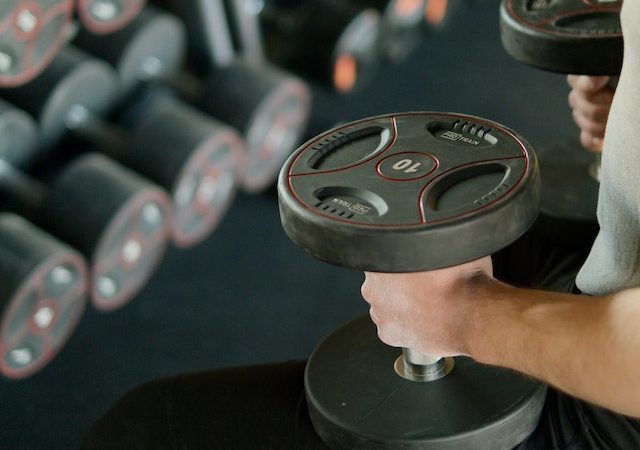It’s natural for teenagers to develop an interest in fitness and wanting to get fit, especially during the summer when they have more free time. However, there are certain situations where you might need to pay closer attention and potentially be concerned about your teen’s desire to get fit. Here are some indicators to
It’s natural for teenagers to develop an interest in fitness and wanting to get fit, especially during the summer when they have more free time. However, there are certain situations where you might need to pay closer attention and potentially be concerned about your teen’s desire to get fit. Here are some indicators to consider:
1. Obsession or extreme behavior: If your teen becomes excessively focused on their fitness goals to the point where it dominates their thoughts and actions, it may be a cause for concern. Signs of obsession can include extreme dieting, excessive exercise beyond healthy limits, or displaying anxiety or distress when unable to engage in fitness-related activities.
2. Rapid or extreme weight loss: If your teen is losing weight rapidly or engaging in unhealthy weight loss practices, such as extreme calorie restriction or purging behaviors, it’s important to intervene. Sudden and drastic weight loss can indicate an unhealthy relationship with food and exercise, potentially leading to eating disorders or other physical and mental health issues.
3. Negative body image: If your teen displays signs of poor body image or constantly expresses dissatisfaction with their appearance, it may be a red flag. An intense desire to change their body or constant comparison to others may indicate underlying self-esteem issues or the potential for developing an unhealthy relationship with fitness and body image.
4. Social isolation or withdrawal: If your teen starts to withdraw from social activities, friends, or family gatherings to prioritize their fitness pursuits, it may be a cause for concern. It’s important for teenagers to strike a balance between their personal goals and maintaining healthy social connections and relationships.
5. Physical symptoms or health concerns: If your teen experiences excessive fatigue, chronic pain, or recurring injuries due to their intense fitness regimen, it’s important to address these issues. Overtraining or pushing their body beyond its limits can lead to physical and mental health complications, and it’s crucial to prioritize their well-being over achieving fitness goals.
6. Neglecting other important aspects of life: If your teen starts neglecting their academic responsibilities, hobbies, or other activities they once enjoyed due to their overwhelming focus on fitness, it may be a sign of an unhealthy imbalance. It’s important for teens to have a well-rounded life and prioritize various aspects of their well-being.
If you notice any of these signs or have concerns about your teen’s desire to get fit, it’s crucial to initiate open and supportive communication. Express your observations and worries in a non-judgmental manner, and encourage them to share their thoughts and feelings. If necessary, seek professional guidance from a healthcare provider, counselor, or therapist who specializes in adolescent health and wellness.
Remember, while it’s important to support your teen’s healthy desire to get fit, their overall well-being and mental health should always take precedence.

















Leave a Comment
Your email address will not be published. Required fields are marked with *